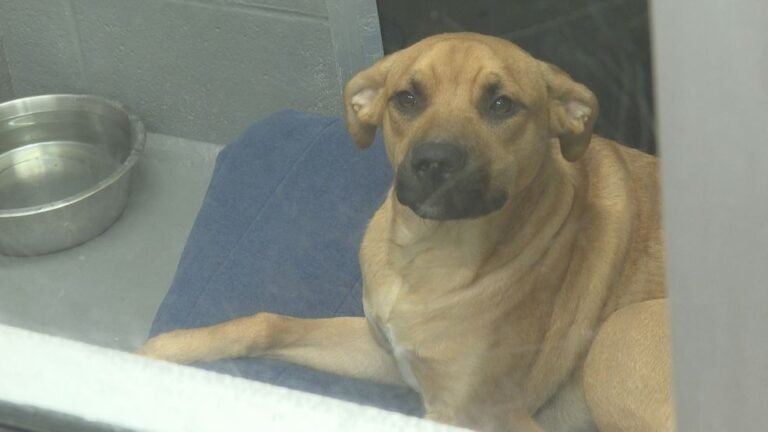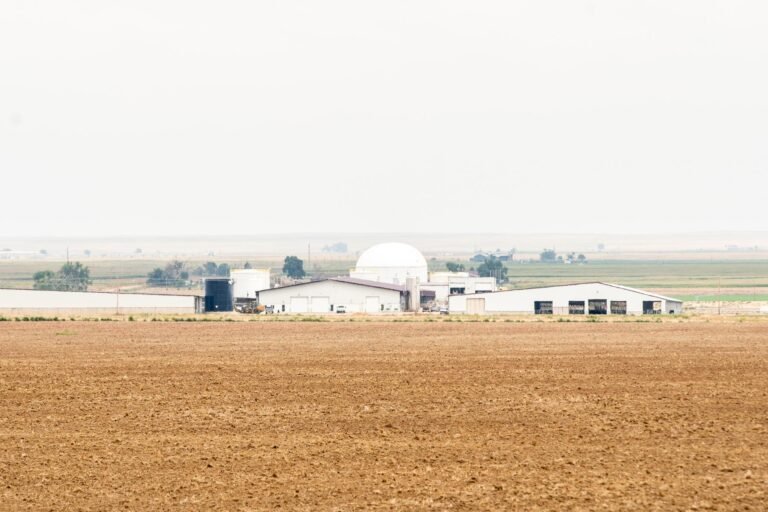Have you ever thought about what it might be like to own a lion as a pet? While it may sound thrilling, there’s a growing trend that’s causing quite a stir in Thailand—one that raises questions about ethics, safety, and wildlife conservation.

This image is property of s.yimg.com.
The Rising Trend of Pet Lions
In recent years, owning a lion has transformed from a niche endeavor into a trending lifestyle choice in Thailand. The numbers have skyrocketed, with reports indicating that there are nearly 500 registered lions inhabiting zoos, private homes, and even cafes across the country. This dramatic rise in lion ownership is attributed to various factors, including social media influence and the allure of exotic pets.
The Role of Social Media
With nearly three million followers, lion owner Tharnuwarht Plengkemratch has become a social media sensation, sharing playful videos of his lions and lion-tiger hybrid, Big George. Social media platforms like TikTok and Instagram have played a pivotal role in catapulting the image of pet lions from risky to trendy. As influencers showcase their exotic companions, many viewers are left enamored by the idea of having such an incredible creature as part of their lives.
Lions as Companions
Tharnuwarht insists that lions can bond with humans just like traditional pets, describing them as “playful and affectionate.” This perception has further fueled the trend, making the notion of owning a lion seem appealing to those looking for unique companions. But behind the glamour of pet lions lies a complex reality filled with risks.
The Legal Landscape
While owning a lion is currently legal in Thailand, the legislation surrounding it is inadequate in many respects. Although owners must register and microchip their lions, there are very few other restrictions or welfare requirements for keeping such animals in captivity. This raises significant concerns regarding the well-being of the lions and the safety of the public.
Registration and Regulation Challenges
Since the implementation of new laws in 2022, lion owners are required to notify authorities before moving their animals and must report births within a specified timeframe. However, the loopholes in these regulations pose a problem. For instance, lion owners have a generous 60-day window to report a birth, leaving plenty of time for unregulated breeding practices to occur.
Experts like Tom Taylor from the Wildlife Friends Foundation Thailand have highlighted the problems associated with loose regulations, warning about the likely rise in irresponsible breeding and the potential for illegal wildlife trade.
The Illicit Trade Problem
The alarming growth in lion ownership in Thailand has led to concerns about the illicit trade of lions and their body parts. Although international agreements like CITES require permits for such trade, various experts suggest that illegal activities are on the rise.
Evidence of Smuggling
Reports have surfaced indicating an increase in lions in neighboring countries like Cambodia and Laos, where laws surrounding lion ownership are either less stringent or poorly enforced. This raises serious ethical and ecological concerns regarding the impact of the illegal wildlife trade on lion populations and their habitats.
Challenges in Enforcement
Experts have noted the difficulties faced by enforcement agencies in cracking down on this illicit trade. Law enforcement often lacks the resources and manpower needed to effectively monitor and regulate the situation, leaving a significant gray area where illegal transactions can occur without consequence.
This image is property of s.yimg.com.
The Implications for Animal Welfare
While the idea of cuddling with a lion might be alluring, the realities of keeping such a powerful creature are fraught with challenges that can compromise the welfare of the animals.
Inbreeding and Health Issues
The demand for exotic pets like lions has led to irresponsible breeding practices. With more and more breeders entering the market, inbreeding has become a pressing issue. This practice not only compromises the physical health of the animals but can also lead to genetic mutations that have long-term detrimental effects on their well-being.
The Life of A Captive Lion
Captive lions face a myriad of challenges that can drastically affect their quality of life. These include inadequate living conditions, insufficient care, and lack of socialization. Such environments inhibit their natural behaviors and can lead to psychological issues. Taking animals out of their natural habitat often means they will never have the opportunity to exhibit their instinctual behaviors in the wild.
The Role of Breeding Facilities
Breeding facilities have sprung up all over Thailand, driven by the demand for pet lions. However, these operations often prioritize profit over the well-being of the animals.
The Business of Breeding Lions
Entrepreneurs like Pathamawadee Janpithak have shifted their focus from crocodiles to lions, seeing it as a lucrative business opportunity. As prices for lions have surged, supply has increased dramatically. Pathamawadee reports selling one-month-old lion cubs for up to 500,000 baht, a staggering sum that reflects the commodification of these magnificent creatures.
Ethical Concerns
With breeders prioritizing financial gain, ethical considerations often take a back seat. Many cubs are ill-treated or mismanaged, leading to health complications. The rising number of lion cafes, where customers pay to interact with lion cubs, raises red flags regarding the treatment of animals and what happens to them when they outgrow the novelty.
The Government’s Approach
The Thai government has come under scrutiny for its handling of the lion population issue. While acknowledging the problems associated with private lion ownership, authorities have opted for a gradual approach rather than implementing immediate ban or stricter regulations.
Balancing Human Interest and Animal Rights
The philosophy behind the slow approach is to balance human interest in owning exotic pets with the ethical obligation to protect wildlife welfare. While the government has limited lion imports in hopes that domestic populations will stabilize, the approach has drawn criticism from animal welfare advocates who argue that more action is needed to protect both the animals and the public.
Prospective Legal Changes
Recent discussions within the Department of National Parks, Wildlife, and Plant Conservation (DNP) suggest that regulations may soon be reviewed, potentially leading to tighter controls on lion ownership. However, experts remain skeptical about a complete ban, emphasizing the importance of responsible ownership and animal welfare.
Public Sentiment and Awareness
As public sentiment shifts towards protecting wildlife, there are growing concerns about the ethics of keeping lions as pets. Many onlookers, including conservationists and animal rights activists, have voiced their concerns regarding the impact of illegal trade and irresponsible ownership practices.
Re-Evaluating Expectations of Exotic Pets
The narrative around exotic pets is slowly changing, with a rising recognition that wild animals should not be treated as pets. Many experts stress the importance of raising awareness about the natural behaviors and habitats of these animals.
The Importance of Education
Educating potential lion owners about the realities of pet lion ownership could alter how people perceive these majestic animals. Charities and wildlife organizations have ramped up their campaigns to inform the public about the challenges and ethical dilemmas that come with owning wild animals.
Alternatives to Pet Lions
While owning a lion may seem like a dream for some, alternatives exist for those seeking a unique pet experience without the ethical dilemmas.
Embracing Domestic Pets
Consider looking into adopting domestic animals that possess unique traits or an exotic appearance. Breeds like the Savannah cat mimic some of the looks of wild cats but come with the temperament and behavior of traditional pets.
Supporting Wildlife Conservation
Instead of keeping a lion, consider supporting local wildlife conservation efforts. Engaging in initiatives that protect natural habitats and support species in the wild is a fulfilling way to contribute to the preservation of wildlife.
Visiting Sanctuaries and Educational Centers
Visiting animal sanctuaries and educational centers allows you to appreciate wild animals up close while supporting efforts to protect them. These experiences can inspire you to take a stance against irresponsible ownership and foster a deeper understanding of the animal kingdom.
Conclusion: A Call for Change
The lion ownership trend in Thailand presents complex challenges that touch on ethical, safety, and conservation issues. While social media has glamorized pet lions, the realities of keeping such animals are starkly different. Through collective action and awareness, you can contribute to a more humane future for these magnificent animals. As conversations around wildlife ownership evolve, consider the role you can play in ensuring that wild animals remain where they belong—in the wild.
Understanding the implications of owning wild animals like lions is crucial for a future that respects animal welfare and acknowledges the wild’s intrinsic value. When faced with the prospect of pet ownership, remember: wild animals belong in the wild, where they can thrive in their natural environment.




